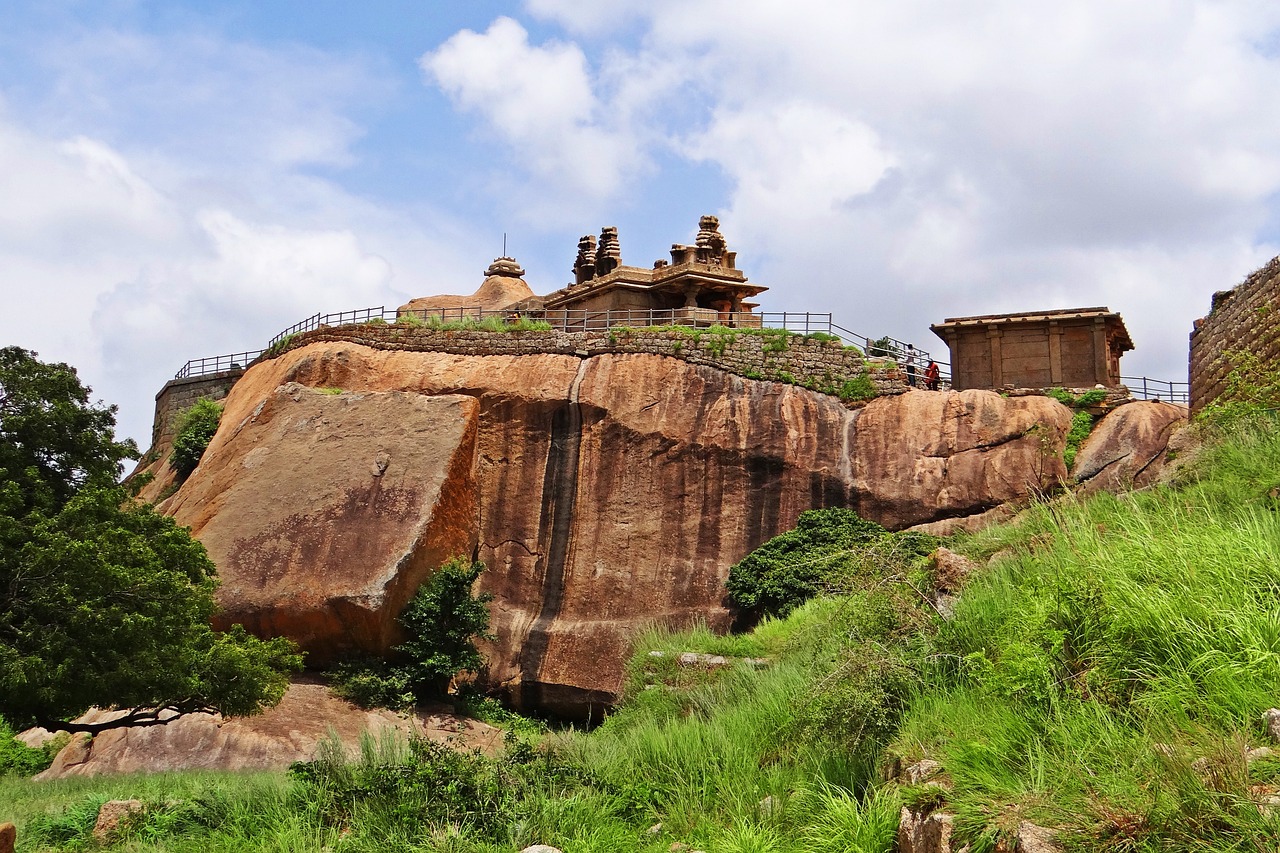The Role of Fact-Checking in Debunking Election Misinformation
In today’s digital age, the spread of misinformation has become rampant, causing significant consequences across various aspects of society. The ease with which false information can be shared and magnified online highlights the critical need for individuals to verify the accuracy of the information they encounter. Failing to verify information can lead to widespread confusion, misinterpretation, and even harm to individuals or communities. It is essential for everyone, from ordinary citizens to journalists and policymakers, to take responsibility for ensuring the information they consume and disseminate is factual and reliable.
The Impact of Election Misinformation
Misinformation surrounding elections can have far-reaching consequences, influencing public opinion and potentially swaying the outcome of democratic processes. When false information is disseminated, it can create confusion and doubt among voters, undermining the integrity of the electoral system. This can erode trust in institutions and lead to increased polarization within society.
In addition to the immediate effects on election results, misinformation can also have long-term implications. It can perpetuate false narratives and sow seeds of distrust that may linger beyond the election cycle. This can have destabilizing effects on the political landscape and hinder efforts to promote transparency and accountability in governance. Ultimately, the impact of election misinformation extends beyond individual races, shaping the broader political discourse and shaping the future of democracy.
How Fact-Checking Works
Fact-checking is a meticulous process that involves verifying the accuracy of information presented in various forms of media. It requires researchers to delve deep into the claims made, examining sources, context, and evidence to determine their validity. Fact-checkers scrutinize statements for any misleading or false content, aiming to provide the public with accurate and reliable information.
Through thorough investigation and analysis, fact-checkers work to uncover any inaccuracies or distortions within the information being assessed. They utilize various tools and techniques to verify claims, such as consulting experts, cross-referencing data, and conducting interviews to confirm the accuracy of the information. Fact-checking plays a vital role in ensuring that the public is equipped with truthful and trustworthy information, especially in today’s fast-paced digital age where misinformation can spread rapidly.





